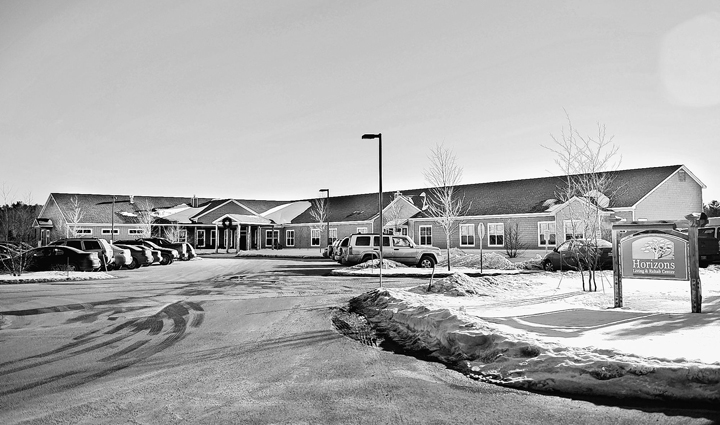Maine nursing homes had the nation’s 11th lowest incidence of serious deficiencies, according to updated data gleaned from state inspection reports.
The state averaged 0.07 serious deficiencies per home for the past three years. By comparison, four states had more than one serious deficiency per home. Kentucky had the highest rate — 1.45 deficiencies per home.
ProPublica, a nonprofit investigative reporting organization, published the basic data in August, but released more complete reports this week. The data now include dates of infractions as well as patients’ ages, medical conditions and prescribed medications.
The names of patients and employees are not included in the reports.
The information comes from the federal Centers for Medicare and Medicaid Services. That agency has its own website called Nursing Home Compare. ProPublica uses the same data, but makes it easier to search, compare nursing homes and identify trends.
The database allows consumers to find nursing homes in their states and identify those with serious deficiencies and penalties in the past three years. The entire national collection of reports lists more than 267,000 deficiencies, the vast majority of which are not considered serious.
Maine’s Department of Health and Human Services — the state agency that oversees nursing homes — does not keep comparative information about long-term care facilities that is readily available to the public.
Nursing homes that receive Medicare and Medicaid funding must submit their most recent state inspection reports to the federal government. Inspection reports also must be posted or readily available at each nursing home.
The ProPublica database indicated that, nationally, some individual nursing homes in other states had more than a dozen separate reports of serious problems.
In Maine, six of the state’s 108 nursing homes accounted for the eight serious deficiencies discovered in the course of three annual inspections, according to the database. That produced the average of 0.07 deficiencies per home for the period. Problems ranged from failing to prevent patients from falling, to failing to prevent or heal bedsores or failing to store food at the proper temperature.
Horizons Living and Rehab Center in Brunswick had three serious deficiencies, the most in Maine. The reports included a finding of potential neglect after a patient choked and died. In that incident, however, staff at the home denied there was neglect.
The Horizons center was cited as a “special focus facility,” which designates those with a history of serious quality issues and are included in a special program to improve their quality of care, according to ProPublica.
The Centers for Medicare and Medicaid Services requires that “special focus facilities” be visited in person by survey teams twice as frequently as other nursing homes.
Horizons Living and Rehab Center did not immediately return calls seeking comment.
In the choking incident, the Centers for Medicare and Medicaid Services said “the facility’s failure to identify, report and thoroughly investigate the choking incident and subsequent death of Resident #90 placed all residents with swallowing and choking issues at risk of possible neglect.”
Last year, maggots were discovered on a patient’s ankle at Newton Center for Rehabilitation and Nursing in Sanford. The maggot incident was not found in the ProPublica database. The Newton center was listed as having 30 total deficiencies and no serious deficiencies.
The database did not define what was required to trigger a “serious” ranking.
Based on total deficiencies, Bangor Nursing and Rehabilitation ranked last in the state with 43 total deficiencies. St. Mary’s D’youville Pavillion in Lewiston was the only nursing home in the state that had no deficiencies reported, according to the database.
Staff Writer Jessica Hall can be contacted at 791-6316 or at:
jhall@pressherald.com
Send questions/comments to the editors.



Comments are no longer available on this story